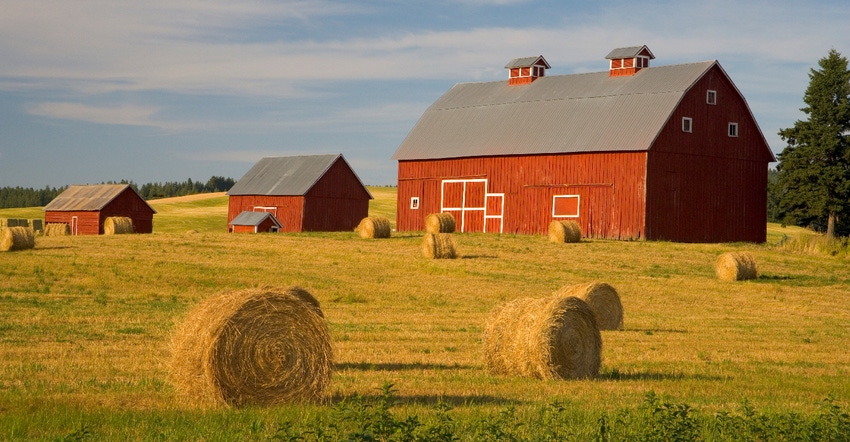January 25, 2021

Whether from trespassers, thieves, vandals, disgruntled employees, drugmakers, activists or extremists, farm security threats are a risk farmers face. Intruders can harm property in many ways: releasing or injuring livestock, stealing anhydrous or chemicals, destroying crops, contaminating water, introducing disease, setting fires, or committing other acts of theft, vandalism or destruction.
Suspicious activities on farms showcase the need for constant awareness of farm security and the threat of intentional harm to farm property. An Ohio State University bulletin, "Intentional Harm to Farm Property: Legal Options and Strategies for Farm Owners," aims to meet this need by addressing what to do when a farm security issue occurs.
Three immediate actions can be helpful to ensuring a clearheaded reaction to an incident: call local law enforcement, secure the property and preserve the evidence, and contact an insurance provider.
Options for legal action
How can a farmer address a security incident through the legal system? Local law enforcement might pursue a criminal action, a farm owner might choose to file a civil action lawsuit, or both criminal and civil actions could take place.
Conferring with law enforcement and an attorney will help determine an appropriate course of action. The bulletin explains common criminal actions that might apply to a farm security episode, such as:
agricultural product or equipment terrorism
animal or ecological terrorism based on corrupt activity
arson
aggravated arson
breaking and entering
criminal damaging or endangering
criminal mischief
criminal trespass
injuring animals
poisoning animals
reckless destruction of crops or timber
theft
vandalism
attempt, complicity and conspiracy regarding any of the above crimes
The bulletin also review laws that provide for civil actions against someone who intentionally harms farm property, such as:
civil action for damages for criminal act
civil theft and willful damage
civil trespass to personal property, such as animals and equipment
civil trespass to real property
civil vandalism
civil action for animal or ecological terrorism
destruction of crops or timber
Farmers can adopt practices that reduce the possibility of intruders and incidents of intentional harm to farm property. A dozen strategies are listed in the bulletin that may be helpful, such as marking, posting and securing property boundaries; maintaining a record of suspicious activities; vetting employees; and conferring with a security professional.
Hall is an associate professor and field specialist in agricultural and resource law.
Source: OSU CAFES, which is solely responsible for the information provided and is wholly owned by the source. Informa Business Media and all its subsidiaries are not responsible for any of the content contained in this information asset.
You May Also Like




